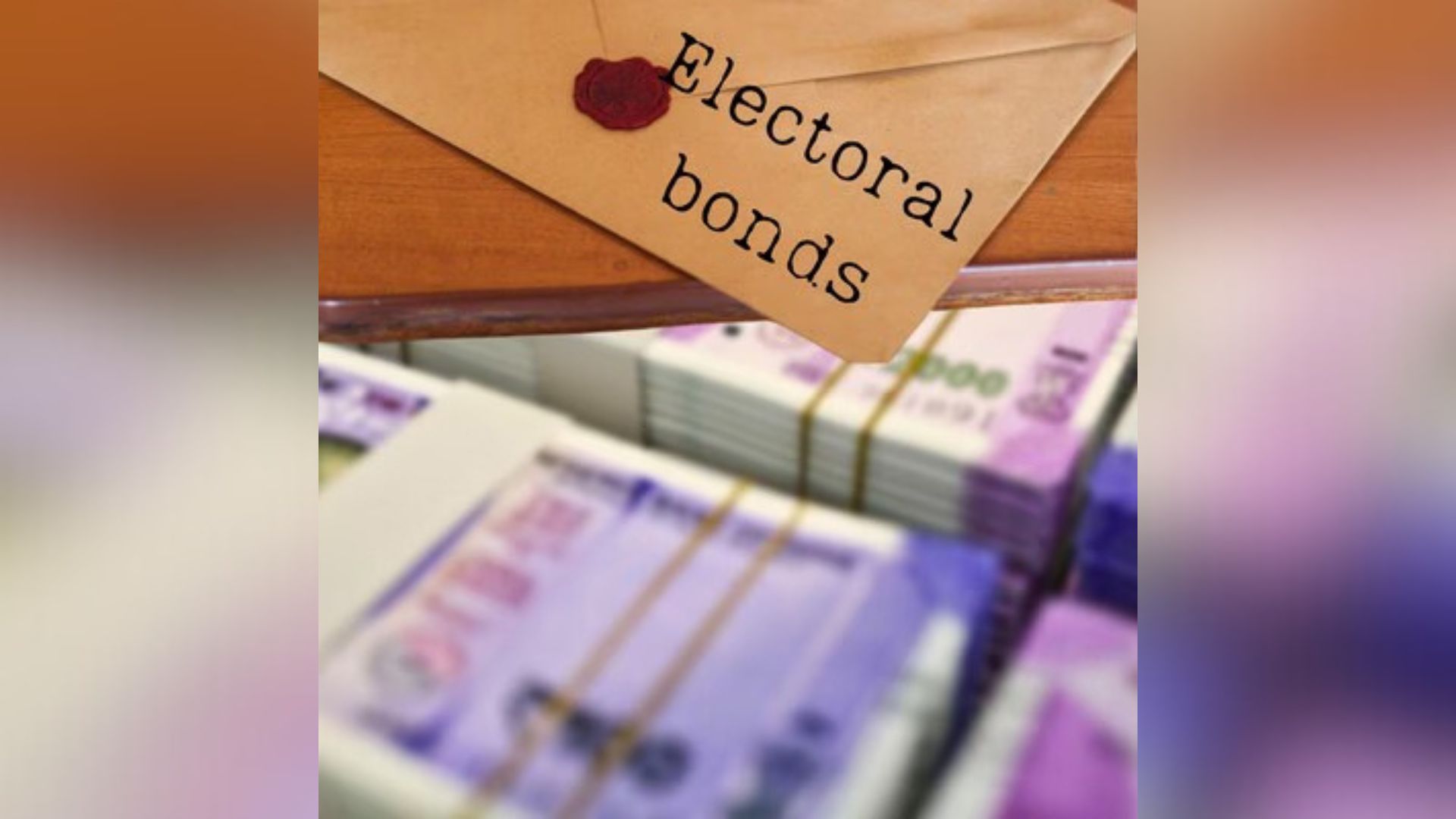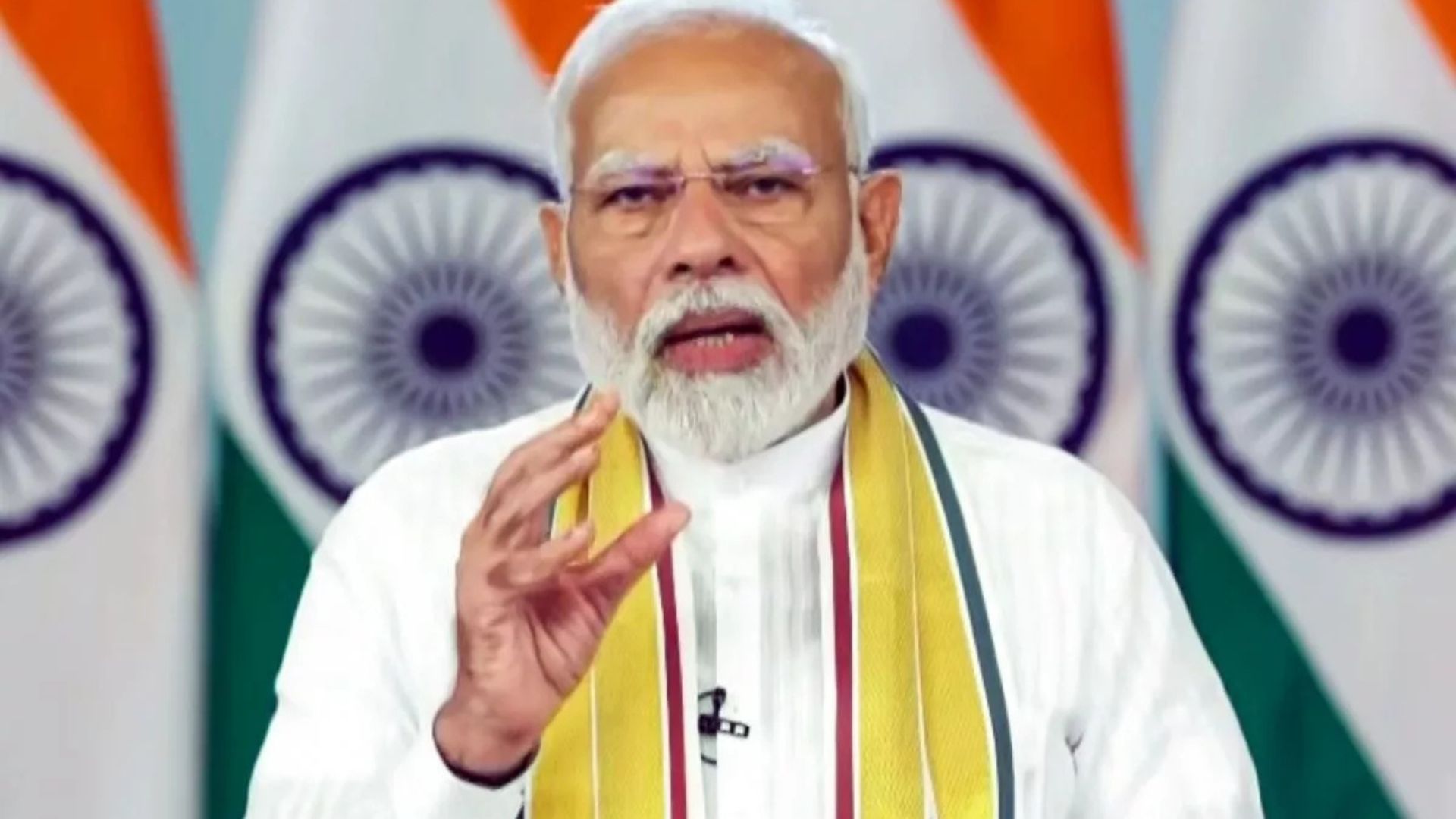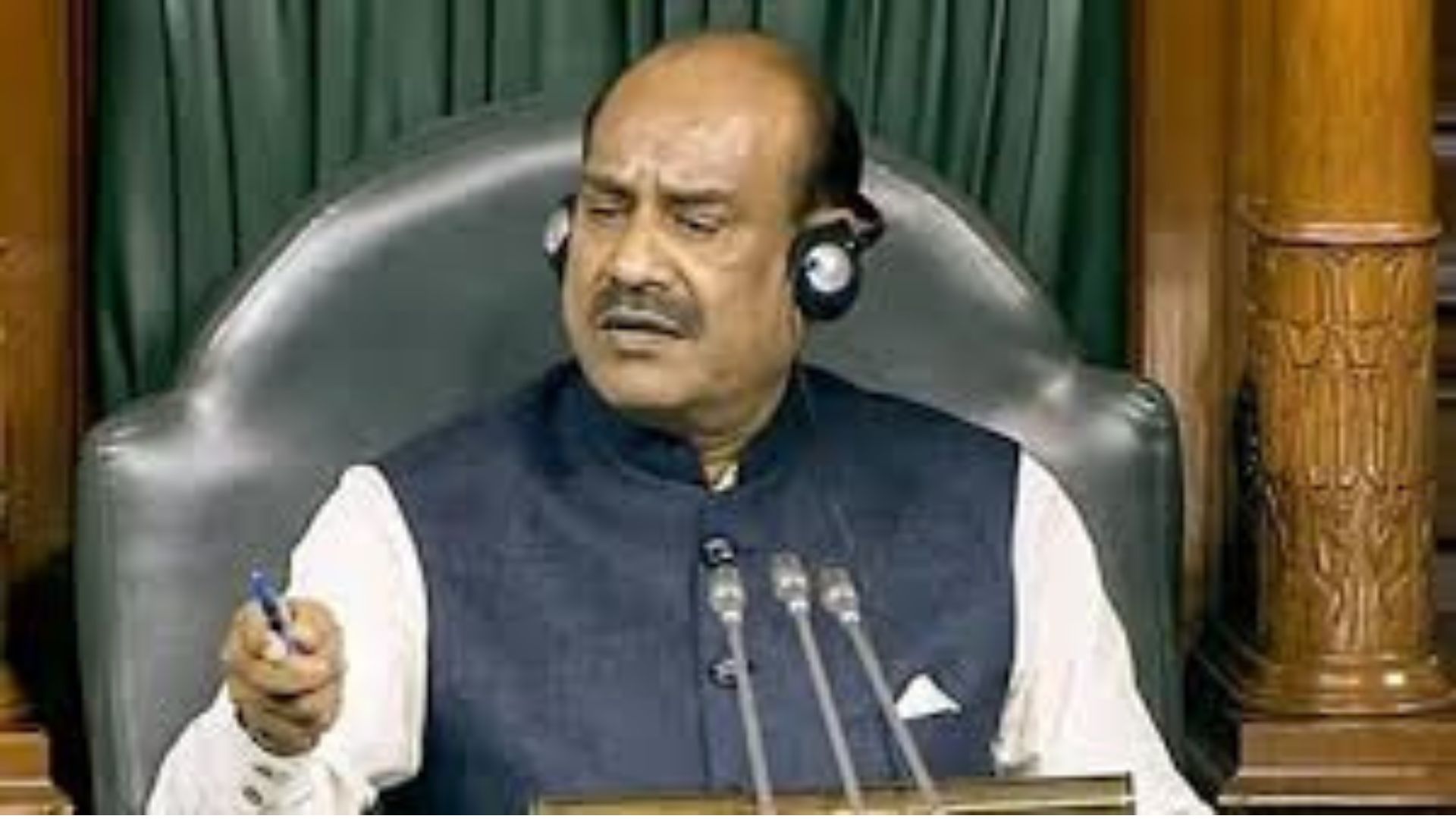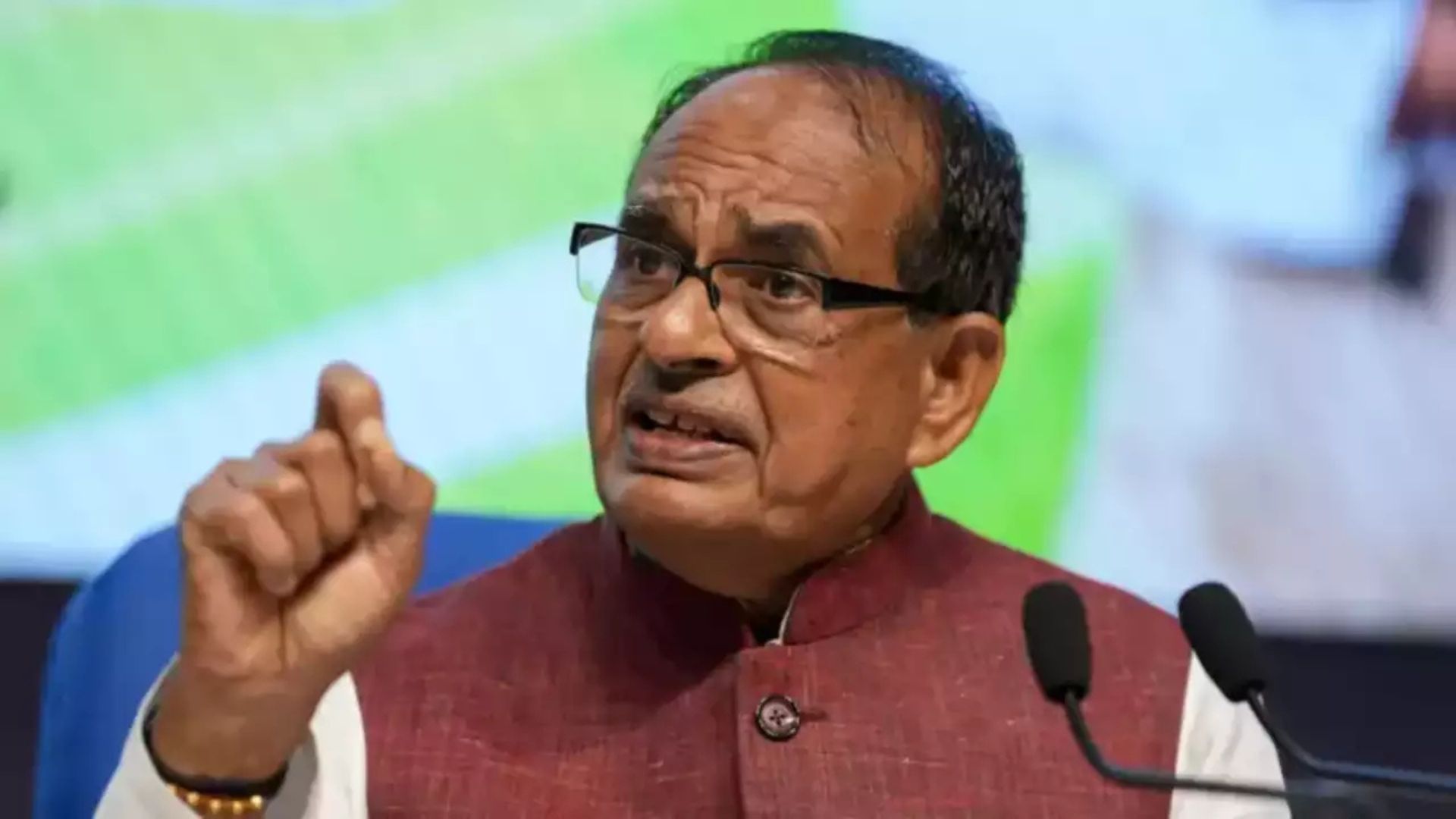
The Supreme Court’s recent ruling dealt a significant blow to the government, as it declared the electoral bonds scheme unconstitutional. The highest court directed the State Bank of India (SBI) to reveal the names of the contributors to the scheme that has been in existence for six years, as per the Election Commission’s request. A five-judge Constitution bench, led by Chief Justice D Y Chandrachud, has ordered the SBI to reveal the specifics of every electoral bond redeemed by political parties.
In rendering the verdict, the CJI stated that the scheme violates Article 19(1)(a) of the Constitution, which protects freedom of speech and expression. The electoral bonds scheme and the impugned provisions to the extent that they infringe upon the right to information of the voter by anonymising contribution through electoral bonds are violative of Article 19 (1)(a),” the CJI stated when delivering the verdict. The bench ruled that citizens’ rights to political affiliation and privacy are also encompassed within the fundamental right to privacy.
Additionally, it ruled that numerous legislative amendments, such as those to the Representation of the Peoples Act and the Income Tax laws, were void. The supreme court ordered the SBI to cease issuing electoral bonds and to provide the Election Commission with details of all bonds purchased between April 12, 2019 and the present. SBI petitioned the Supreme Court on March 4 for an extension of the deadline to provide the Election Commission (EC) with information regarding electoral bonds until June 30, 2024. The court denied the petition and ordered the SBI to provide the EC with every detail by March 12; the EC was also required to publish the information by March 15.
What is the notion of e-bonds?
It is a recent development within the domain of political financing in India. Electoral bonds, which were introduced in 2017, allowed individuals and corporate entities to anonymously contribute limitless sums of money to any political party. The bonds were acquired by donors in predetermined amounts from the SBI and transferred to any political party, which could then convert them into cash using a bank account.
In accordance with the electoral bond plan, an electoral bond was issued in the form of a promissory note, with the characteristics of a bearer. According to the Association for Democratic Reforms (ADR), a bearer instrument lacks the inclusion of the buyer or payee’s name, resulting in the absence of documented ownership information. Consequently, the holder of the instrument is believed to be its rightful owner.
Given the apprehensions expressed over electoral bonds, there has been a need for changes aimed at enhancing transparency and accountability in the realm of political financing. There has been a suggestion to implement more stringent restrictions and enhance transparency in order to mitigate the potential abuse of these instruments.
The legal structure
The introduction of electoral bonds in India occurred via the Finance Act of 2017. According to the government, the utilization of these bonds would enhance the transparency of political funding by directing contributions through banking channels. Nevertheless, critics expressed apprehensions regarding the secrecy surrounding the origin of these funds.
Who can obtain financial support via e-bonds?
Electoral Bonds shall be available only to political parties that have obtained at least one percent of the votes cast in the most recent general election to the House of People or the Legislative Assembly of the State and are registered under Section 29A of the Representation of the People Act, 1951, reads an official statement dated November 4, 2023. The purchase of these bonds by an individual or entity ensured the preservation of their anonymity, thereby safeguarding the political funding process against any potential biases or influences.
How did eligible political parties obtain funds?
The relevant entities were mandated to redeem the electoral bonds through a bank account with the authorized financial institution within a specified period of time. In the absence of payment within fifteen days, the contribution was deposited into the Prime Minister’s Relief Fund.
Such are denominations: Electoral bonds were offered in a variety of denominations, with values spanning from Rs 1,000 to Rs 1 crore.
When were bonds made accessible?
Donors had the opportunity to acquire these bonds from authorized branches of designated institutions during predetermined time periods that were declared by the government. Each of the following four months (January, April, July, and October) had a 10-day availability period; in years with an additional 30 days, these months included general election years.
Transparency considerations: Political funding transparency was purportedly improved through the use of electoral bonds, according to the government. However, opponents contended that the secrecy surrounding donor identities posed a risk to the integrity of the democratic process. They contended that in the absence of knowledge regarding the origin of these funds, corruption and undue influence were possibilities.
Effects on partisan funding: The implementation of electoral bonds substantially altered the manner in which political parties obtained contributions. By offering a legitimate pathway for contributions, these bonds had emerged as the preferable method of donation for numerous entities and individuals seeking to contribute to political causes.
How will political funding work?
Parties can still receive donations directly from individuals and companies, subject to restrictions on value and anonymity. Donors have the option to contribute to parties through entities known as electoral trusts, which collect and distribute funds. The trusts are required to disclose the names of the donors and the parties must disclose the total amount they received from these trusts. However, the disclosures do not establish a direct connection between each donor and a specific party.
In India, the electoral financing system is in critical need of reform, with the Right to Information of the electorate at its core. It is imperative that this invaluable opportunity not be overlooked. However, complete disclosures regarding electoral bonds are insufficient to resolve the issue. Subsequently, it will be necessary to establish a more transparent system in lieu of the electoral bonds scheme that the Court invalidated. It is impossible to revert to the previous system. As soon as discussions commence regarding the implementation of systemic adjustments, all parties and stakeholders must be involved.















